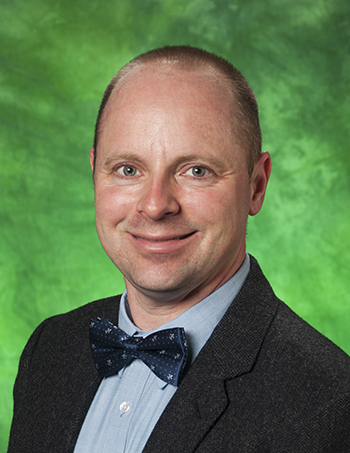Diversity and Inclusion
Enabling and “Cripping” the Back-to-the-Land Movement, part of the (Dis)courses: Interdisciplinary Disability Dialogues Spring 2022 Series
April 11, 2022 at 12:00pm – 1:30pm EDT
Virtual (See event details)
This event has already occurred. The information may no longer be valid.

From a disability studies perspective, it seems obvious that calls for homesteading have been ableist. Economic subsistence or profit from gardening, farming, or livestock management has required high executive function to plan and organize people’s heavy physical exertion. Scholars have assessed the claims that white, middle-class men without agricultural experience could leave urban problems to live off their garden and a cash crop they sold to buy other needs.
Focusing on disability, though, remains an underused way to analyze actual practice. The homesteading endeavor enabled liberal social contract theory in U.S. history, which decides people’s value based on their utility due to their predictable ability to engage in labor. Disability analysis helps us determine in what cases Americans could “crip” homesteading to make it accessible to varying mental health and physical needs. I use my archival research into the famous homesteading advice and practice of Helen and Scott Nearing and oral histories of back-to-the-landers who were influenced by them from 1965 through the 1980s to consider how actual people have been successful and unsuccessful in accommodating homestead gardening to anxiety, depression, and declines in physicality and cognition.
Clark A. Pomerleau is an associate professor and associate chairperson of the History Department at the University of North Texas. His scholarship analyzes social justice alternatives to mainstream U.S. society and includes the book, Califia Women: Feminist Education against Sexism, Classism, and Racism (U. Texas, 2013), chapters and articles on LGBTQ+ history, feminist praxis, and trans-inclusion, and a biography in process about Helen Knothe Nearing’s spiritual and practical role in the back-to-the-land movement titled A Consecrated Life in Her Times. Pomerleau also publishes poetry, including the chapbook Better Living through Cats (Finishing Line Press, 2021) that tackles depression and anxiety and the full-length book about growing into elder care, Every Day, They Became Part of Him (Finishing Line Press, 2023). His most recent awards are a 2021 Faculty Research Leave, the 2020 UNT President’s Council Service Award, and nomination for outstanding accessible online teaching.
Hosted by the Office of Interdisciplinary Programs and Outreach at the Burton Blatt Institute and Wordgathering: A Journal of Disability Poetry and Literature, the series “(Dis)courses: Interdisciplinary Disability Dialogues” returns this semester with four exciting conversations—with luminaries who are engaged variously with many forms of innovative and intersectional Disability cultural work.
Each of our four online events will include American Sign Language (ASL) interpretation, live captioning, image descriptions, and an opportunity for registered Zoom webinar participants to engage with the featured presenter and discussant. All four events will also be recorded and made publicly available, online. Post-production, each of the videos will include ASL interpretation and edited/polished captions, an accompanying transcript, and a summary of online resources of interest and relevance—all accessible, free, and open to the public.
The Spring 2022 (Dis)courses Series is sponsored by the Office of Interdisciplinary Programs and Outreach (OIPO) at the Burton Blatt Institute (BBI) at Syracuse University and Wordgathering: A Journal of Disability Poetry and Literature, with very special thanks to the Syracuse University Libraries, and with additional support from the Center on Disability and Inclusion, the Central New York Humanities Corridor Health Humanities Working Group (Medicine, Disease, Disability, and Culture), the Consortium for Culture and Medicine, Cultural Foundations of Education, Dept. of Biology, Dept. of English, Dept. of History, Dept. of Women’s and Gender Studies, the Disability Cultural Center, Disability Studies, The Graduate School, Hendricks Chapel, Information Technology Services, the Intergroup Dialogue Program, La Casita Cultural Center, the LGBTQ Resource Center, LGBTQ Studies, the Renée Crown University Honors Program, the School of Education, and the Syracuse University Humanities Center.
This event was published on February 16, 2022.
Event Details
- Category
- Diversity and Inclusion
- Region
- Virtual
- Open to
- Public
- Cost
- Free and open to the public.
- Group
- College of Law
- Organizer
- Burton Blatt Institute
- Contact
- Office of Interdisciplinary Programs and Outreach
oipo@syr.edu
315-443-2156
- Accessibility
- CART,
- ASL Interpretation,
- Captioning
- Contact Office of Interdisciplinary Programs and Outreach to request additional accommodations
